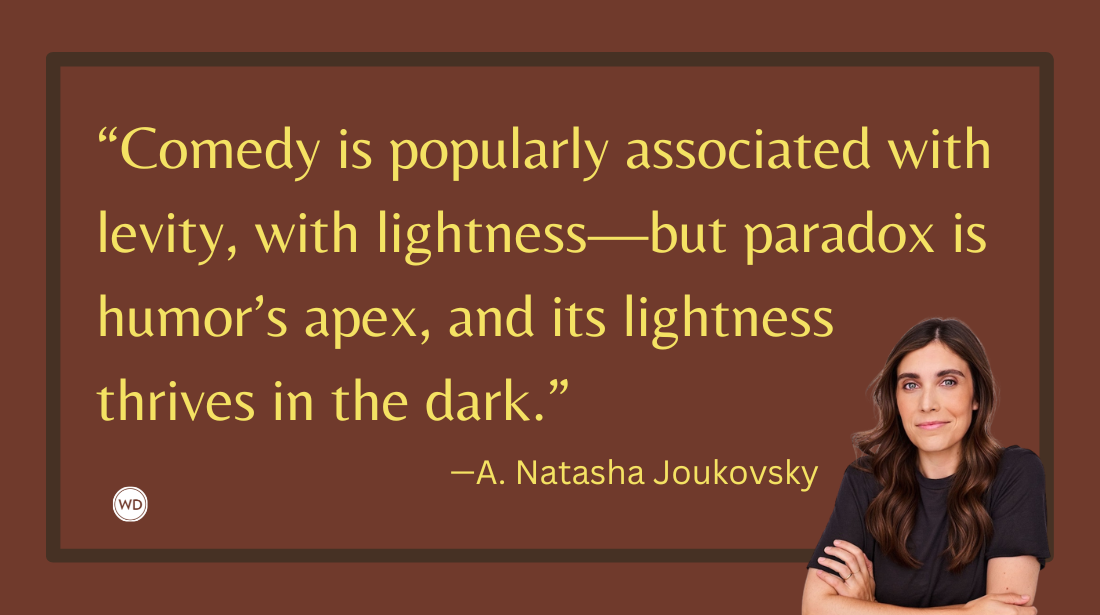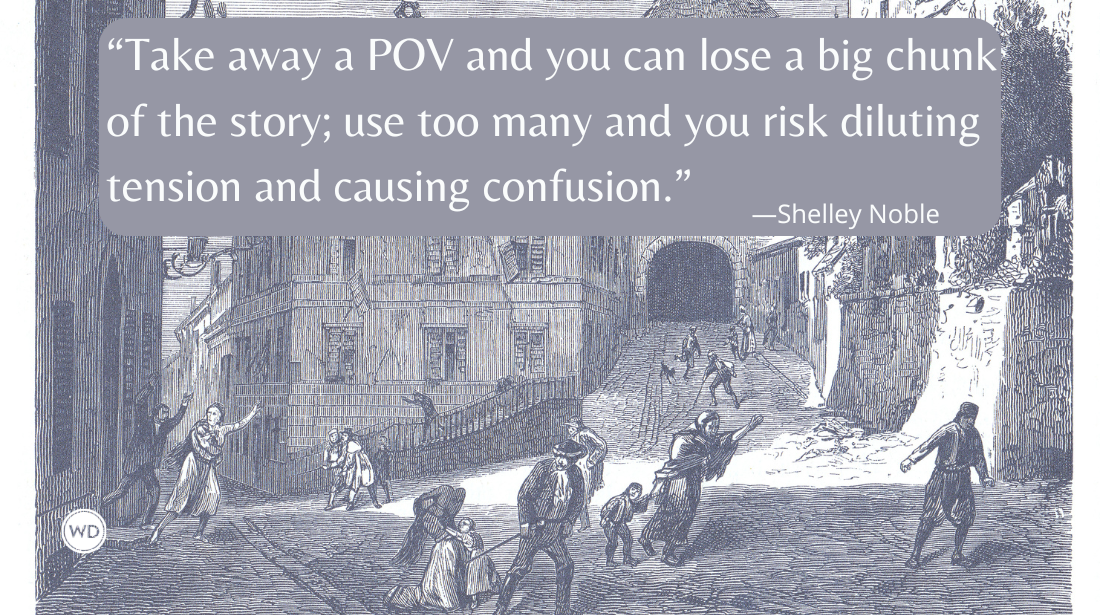Brake vs. Break (Grammar Rules)
Learn when to use brake vs. break in your writing with Grammar Rules from the Writer’s Digest editors, including a few examples and the meaning of the phrase “those are the breaks.”
Once again, we're looking at two homophones, specifically brake and break. One is most commonly used in relation to movement (or the arresting of that movement); the other is used in a range of situations.
So let's look at when to use brake vs. break.
Brake vs. Break
Brake can be used as a noun or verb, but in both cases, it is most commonly tied to arresting or completely stopping movement. As a noun, a brake is a device to slow or stop a machine and/or a mechanism to slow or stop movement on an action (a good current events example is The Fed using the action of increasing interest rates to slow inflation). As a verb, brake refers to the actual action of slowing or stopping.
Break, on the other hand, has nearly an entire page of definitions as both a noun and verb in my 1,500-page desk dictionary. Some of the verb definitions include to separate, to fracture, to violate, to invalidate, to disrupt, to make ineffective, to ruin, to shatter...but at the same time, it can also refer to the calm after a disruption (think of when "the weather breaks" or "a fever breaks").
As a noun, break can refer to one of the acts of breaking mentioned above. Think of a fast break in basketball, spring break in school, break in the clouds in the sky, or a lucky break. It's often referring to something broken, whether that's abstract break (such as a segment of time) or a physical break.
Make sense?
Here are a couple examples of brake and break:
Correct: As she approached the stop sign, she pushed on the brake to slow the car.
Incorrect: As she approached the stop sign, she pushed on the break to slow the car.
Correct: He grabbed some nachos during the commercial break.
Incorrect: He grabbed some nachos during the commercial brake.
Many times I try to share a trick for keeping the terms straight, but in this case, it's probably just best to remember that brake refers to arresting or stopping movement. Then, nearly every other instance of this homophone will likely be break, whether you're going to take a lunch break, break dance, break it off, or break it down.
Hold up, what about the phrase "those are the breaks"?
The phrase "those are the breaks" (or "them's the breaks") refers to a situation that is not ideal for a party but also acknowledges that life sometimes is not always ideal. For instance, an athlete may try their best and have a great performance but still end up losing. It might be disappointing, but "those are the breaks," because the athlete was competing against another great competitor.
Another example: A person may make an investment in a company to try and earn more money over time, but the company's value decreases over time instead of increases. The investor made a gamble, but it didn't pay off. In such a situation, a person may say, "They tried, but it didn't work out, and those are the breaks."
*****
No matter what type of writing you do, mastering the fundamentals of grammar and mechanics is an important first step to having a successful writing career.









